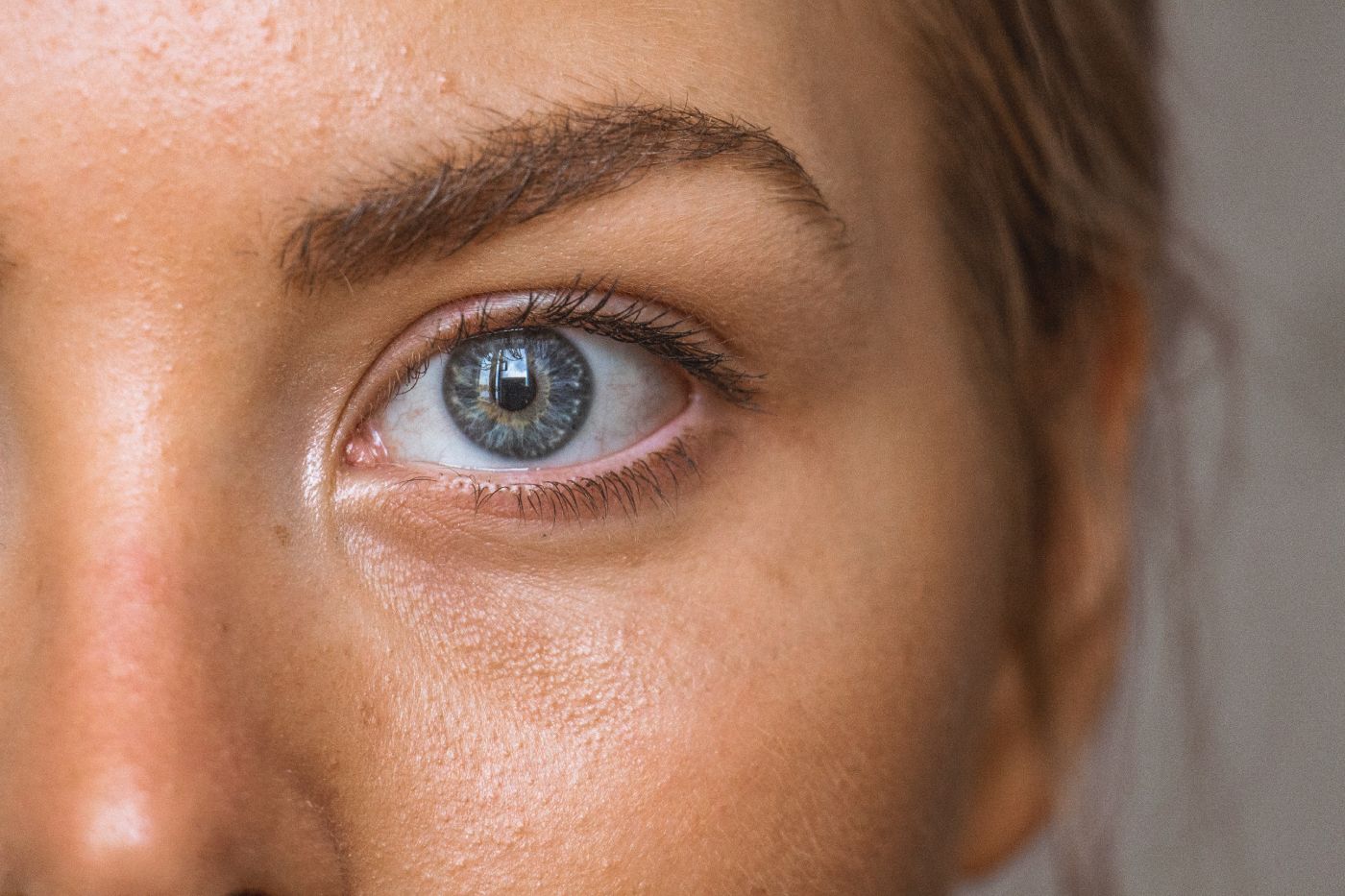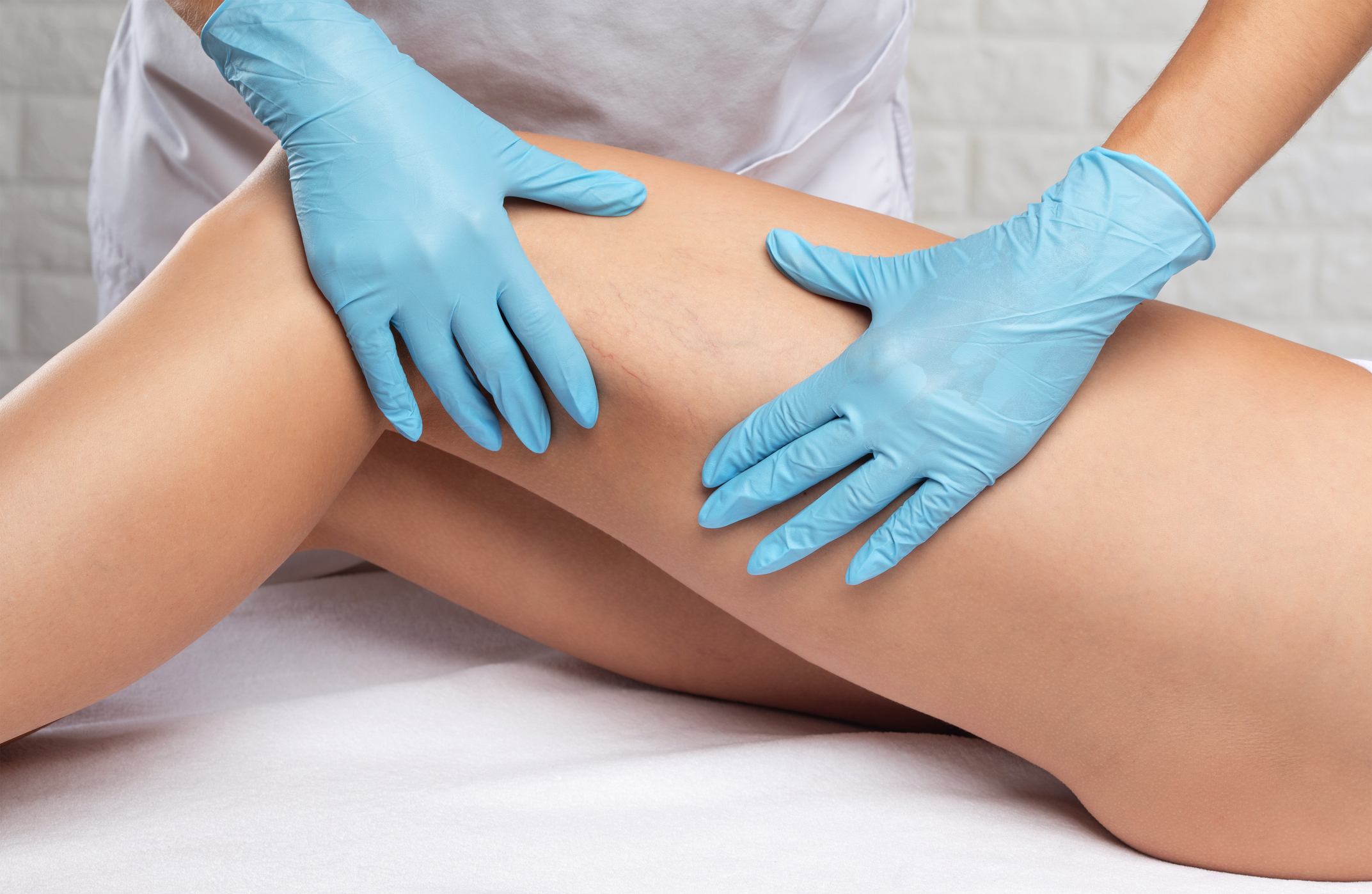Uncover the key to healthy skin with Vargas Face & Skin. We will explain how…

How Do Skin Types Affect Face and Skin Procedures?
The skin is the largest body organ that serves as a protective layer, guards the body against germs, and regulates its temperature. It is a mirror reflecting one’s overall body condition.
Most people, regardless of age and gender, seek to have healthy and luminous skin. However, this is sometimes difficult to achieve alone, which may make face procedures essential in some cases.
Knowing your skin type allows you to take good care of it with the right cosmetic products. Determining your skin type can be challenging, but you can ask professionals to help.
Schedule a face and skin consultation and join us as we explore the different skin types and how to choose the correct procedure to improve your skin condition.
The Four Main Skin Types Explained
Every person’s DNA has a skin type encoded, which cannot be changed. Aestheticians formulate face and skin procedures while considering the four main skin types differentiated in the cosmetic industry. You are bound to have one of the following skin type categories regardless of ethnicity and age.
- Normal skin refers to balanced skin, meaning it’s not too oily or dry. A person with this skin type doesn’t experience uncomfortable issues like breakouts, blemishes, and sensitivity as much. It’s the skin type most people prefer because it’s easier to manage than the other types.
- Dry skin appears flaky, dull, and rough. It is a challenging type of skin because it produces less sebum and is prone to visible fine lines. It tends to appear noticeably dehydrated and feel tight and less elastic. There are even cases when it may become irritated and itchy.
- Oily skin is the opposite of dry and produces excess sebum, making it appear shiny. People with this skin type may have fewer wrinkles, but they must deal with other issues. The skin often feels greasy and is prone to enlarged pores, blackheads, whiteheads, and acne blemishes.
- Combination skin refers to skin having combined dry and oily characteristics. The T-zone (forehead, nose, and chin) is the part where the skin is oily, and the rest may be either dry or normal.
Having a skin type that’s easier to manage doesn’t mean that you have to neglect self-care rituals. Every skin type requires special maintenance, the most challenging being the combination skin.
Whatever the type, choosing the right products and treatments will help you maintain the glow and youthfulness of your skin.
How to Determine Your Skin Type at Home?
You should be able to determine your skin type based on the described skin characteristics. However, if still in doubt, there are two methods you can experiment with at home:
- The “watch and wait” method observes the skin’s behavior after cleansing. Wash your face, pat it dry, and wait for around 30 minutes. Once the timer is up, oily skin should appear shiny, and dry skin should feel scaly and tight. The combination skin type will have a shine only in the T-zone. You likely have normal skin if you don’t experience any of these conditions.
- The blotting sheet method involves the use of blotting sheets that absorb oil. Wash your face and wait around 30 minutes. Take several blotting sheets and press them to different face areas, allowing them to soak the skin oil. Depending on the amount, you can determine the skin type.
Matching the Skin Type With Your Desired Cosmetic Procedure
Individuals considering undergoing any cosmetic surgery should ask for a complete skin assessment. Experts with knowledge and experience will identify the type of skin and any possible consequences of a specific procedure.
Professionals will also identify the skin’s pigmentation and existing medical conditions to prevent any unnecessary side effects resulting from the treatment. Surgeons and technicians also consider skin sensitivity and the individual’s ethnicity, which may also contribute to the treatment results.
How Different Skin Types Behave in Specific Cosmetic Procedures
Different skin types will respond differently in both surgical and non-surgical procedures. Treatments like chemical peels give different results among individuals, depending on the skin type and pigmentation. They show better results in those with light skin and hair, while individuals with darker skin tones will need a treatment adjusted to their skin type.
The use of laser skin resurfacing to minimize wrinkles and scar tissue should be done with care not to worsen the condition. Individuals with lighter skin are better candidates than those with darker skin.
Laser hair removal treatments greatly vary across skin types and ethnicities. The results are best on individuals with dark hair but lighter skin, while dark hair and darker skin will require tailored and more extended treatment. The treatment success rate is much lower in individuals with white, gray, red, or fine hair.
Surgical procedures need a more careful approach due to implementing different chemicals that can cause stronger reactions. Delicate and sensitive skin gives different results during surgical procedures, while elastic skin will do better.
Do Skin Types Affect the Result of a Cosmetic Procedure?
When performing a cosmetic procedure, the client’s final result must be satisfactory. That’s why scheduling a face and skin consultation is a must.
Aside from the procedure itself, skin type also affects the final results. Oily and normal skin is said to heal much better than dry skin because the skin is kept hydrated. However, this may only be true for some procedures.
For example, special attention is required in laser skin resurfacing, as some skin types are more inclined to scarring and will affect the final result. The purpose of every cosmetic procedure is to restore and rebalance the skin condition, not have the opposite effect. This is why it is essential to consult a professional and choose the proper procedure for your skin type.
Achieve Ideal Results with a Face and Skin Consultation!
The results of any cosmetic procedure — surgical or non-surgical — will significantly depend on your skin type.
Whether it’s laser resurfacing, skin rejuvenation, rhinoplasty, or any other procedure, you can trust Vargas Face & Skin Center to help you achieve your goals. Schedule a face and skin consultation with our highly trained and experienced staff to assess your skin type and condition and achieve the best results!







